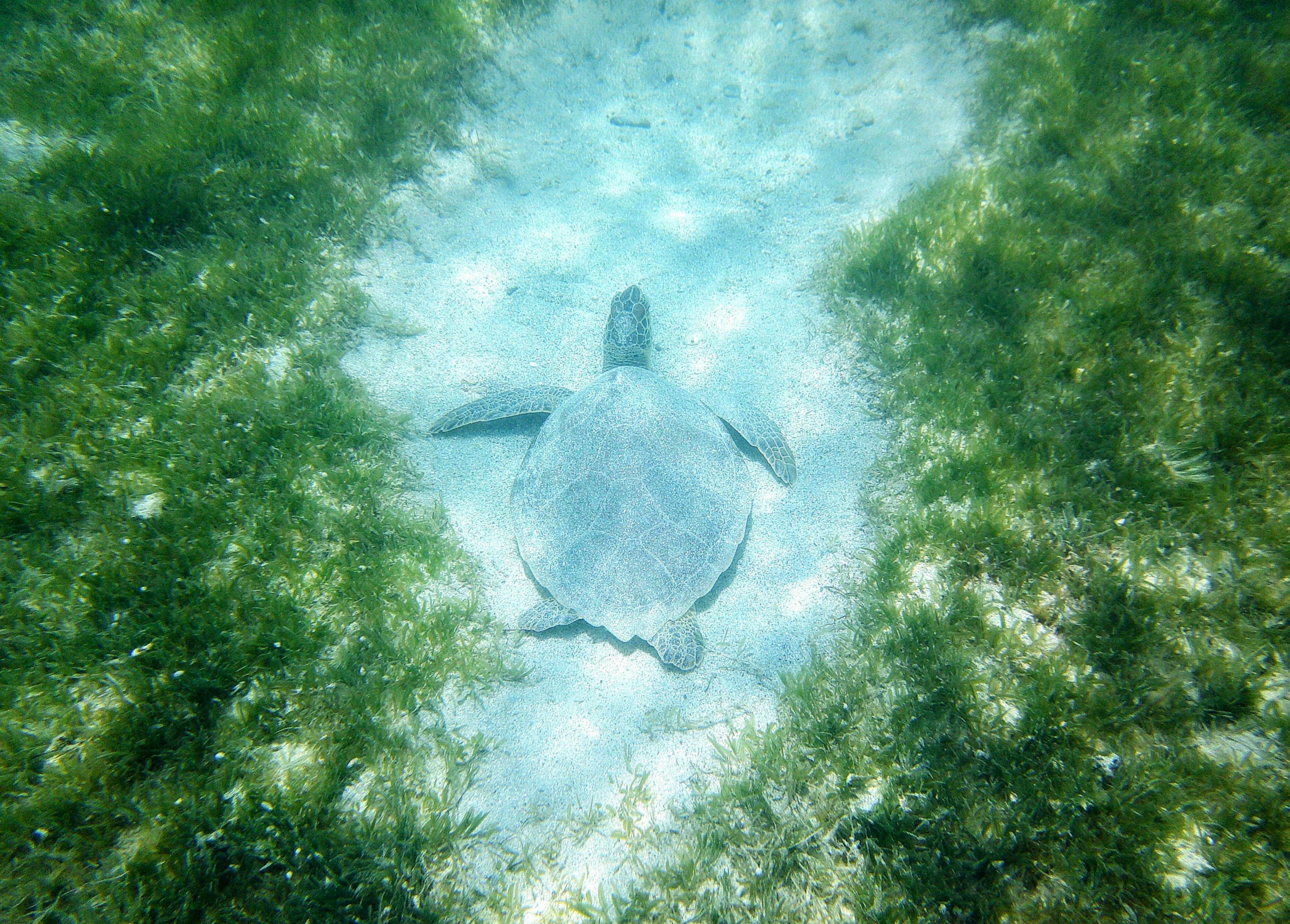The US Virgin Islands (USVI) employs a "mirror" tax system based on the U.S. Internal Revenue Code, which can significantly impact your net income based on your earnings level. While similar to the U.S. federal system, USVI's tax code includes some unique provisions and exemptions that affect your paycheck.
US Virgin Islands Income Tax Highlights
- 10% on taxable income up to $11,000 ($22,000 for married couples filing jointly)
- 12% on taxable income over $11,000 up to $44,725 ($89,450 for married couples filing jointly)
- 22% on taxable income over $44,725 up to $95,375 ($190,750 for married couples filing jointly)
- 24% on taxable income over $95,375 up to $182,100 ($364,200 for married couples filing jointly)
- 32% on taxable income over $182,100 up to $231,250 ($462,500 for married couples filing jointly)
- 35% on taxable income over $231,250 up to $578,125 ($693,750 for married couples filing jointly)
- 37% on taxable income over $578,125 ($693,750 for married couples filing jointly
These rates apply to residents on all sources of income and to non-residents on USVI-sourced income. The territory allows for certain deductions and credits that can affect your taxable income, similar to the U.S. federal system. It's important to note that while USVI follows the U.S. Internal Revenue Code, there may be specific provisions and exemptions unique to the territory. For example, bona fide residents of USVI cannot claim certain U.S. tax credits like the Earned Income Credit (EIC) or the Additional Child Tax Credit (ACTC) on their U.S. tax returns. However, the USVI government may offer similar credits, and residents should check with the Virgin Islands Bureau of Internal Revenue for eligibility.
US Virgin Islands Calculators & Tools
Calculate Your Take-Home Pay
Input your paycheck details and see how much you make after taxes and deductions.
Bonus Calculators
Find out how much your bonus will be taxed.
Net-to-Gross
Find out how much your gross pay should be for a specific take-home pay.
Withholding Forms
Specialty Calculators
Dual Scenario Hourly
Compare your take home pay in different hourly scenarios.
Dual Scenario Salary
Compare your take home pay in different salary scenarios.
401k Calculator
See how increasing your 401k contributions will affect your paycheck and your retirement savings.
Tax Tip Calculator
Determine your take home from tips after taxes
Life Events Calculators
Calculate the impact of life events on your paycheck.
Key Points to remember about the US Virgin Islands Paycheck Structure
- USVI residents file their tax returns with the Virgin Islands Bureau of Internal Revenue, not the U.S. Internal Revenue Service.
- To be considered a bona fide resident, you must typically be physically present in USVI for at least 183 days during the tax year.
- The USVI follows the same tax rates and laws that apply in the United States, with necessary modifications to suit the territory's needs.
- Bona fide residents of USVI are subject to special U.S. tax rules.
- Non-USVI residents with USVI-sourced income must file returns with both the IRS and USVI tax authorities.
Understanding these aspects of USVI's tax landscape is crucial for accurately estimating your net income and managing your finances effectively in the territory. While USVI's tax system mirrors the U.S. federal system in many ways, it's important to consider the territorial-specific rules and potential exclusions when evaluating your financial situation in the US Virgin Islands.
Learn more about the Payroll Process in US Virgin Islands
Visit the US Virgin Islands Payroll Guide page
Fun Facts
Located in the Caribbean, the U.S. Virgin Islands are known for their stunning beaches and vibrant coral reefs. St. Thomas and St. John are popular tourist destinations, making the islands a major Caribbean getaway.


